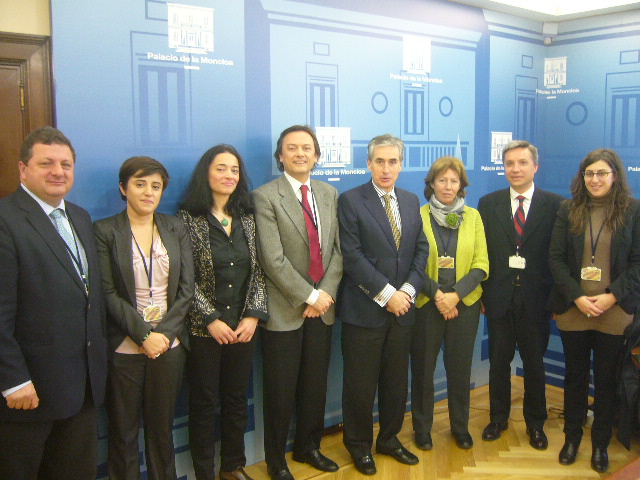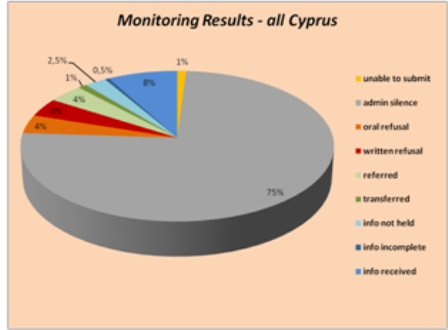data retention not effective
Helen Darbishire2018-11-13T10:13:33+01:00Insufficient info undermines EU claims on value of data retention 18 EU states fail to provide full statistics on use of personal data in fighting crime 18 April 2011, Madrid – There are serious risks associated with the massive invasion of personal privacy required by the EU’s 2006 Data Retention Directive whilst there is no strong evidence that is an effective instrument against crime according to the leaked version of an EU report to be lauched officially today.



